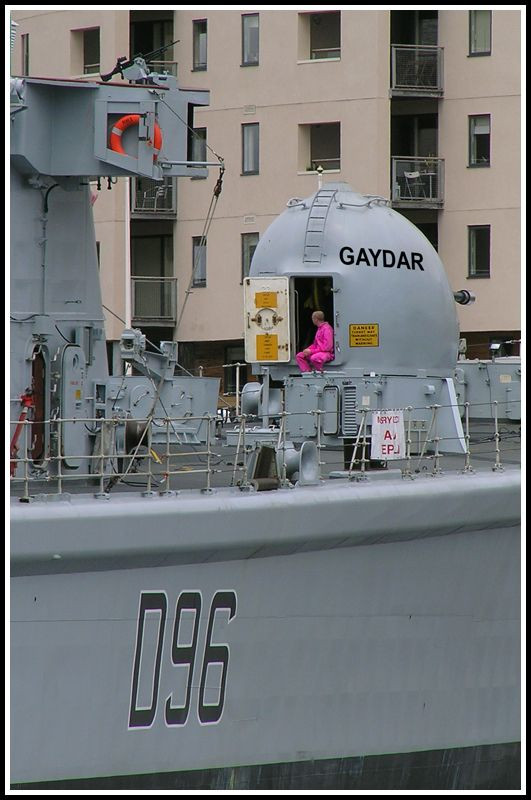Kuwait's Gaydar: Gulf States Develop Medical Screening Tool For Gay And Lesbian Visitors

As a defensive form of "gaydar,” a Kuwaiti official says that the country is developing a medical screen intended to prevent gays and lesbians from entering Gulf Cooperation Countries, which include Kuwait, Bahrain, Qatar, Oman, Saudi Arabia, and the United Arab Emirates.
The Gulf states prohibit homosexuality as a criminal act, with Saudi Arabia imposing the death penalty on convicted gays and lesbians. Around the world, 78 countries ban homosexuality, with lesbianism specifically prohibited in 49. Aside from Saudi Arabia, the Middle Eastern countries of Iran, Sudan, Yemen, and Mauritania also impose capital punishment on gays and lesbians convicted of violating the ban.
Somewhat more lenient, Kuwait imposes prison sentences of seven years or less for homosexual acts between men or 10 years or less for violations committed by people under the age of 21, according to some reports.
Since 1979, Iran has executed more than 4,000 people convicted of homosexual acts, but imposes a punishment of 74 lashes for minors convicted of engaging in consensual sodomy. In Sept. 2007, then-President Mahmoud Ahmadinejad drew laughter from an audience at Columbia University, during a state visit to the United Nations, in response to a question about the ban. “In Iran, we don’t have homosexuals like in your country,” he said. “I do not know who has told you we have it.”
Gays and lesbians convicted of violating bans on homosexuality face a range of penalties across Middle East states. Although Saudi Arabia imposes the death penalty as a maximum punishment, violators usually face only incarceration, whippings, and fines. Likewise, Sudan imposes the death penalty on men thrice convicted of violating the ban, and imposes lashings and stoning on women. Gays and lesbians in Yemen and Mauritania face punishments in accordance with Shari’ah law, which may range from flogging to public stoning.
This week, Yousouf Mindkar, the director of public health at the Kuwaiti health ministry, told Kuwaiti newspaper Al Rai that the ban would be strengthened. “Health centers conduct routine medical checks to assess the health of the expatriates when they come into the [Gulf] countries,” he said. “However, we will take stricter measures that will help us detect gays who will then be barred from entering Kuwait or any of the [Gulf] member states.”
The newspaper didn’t elaborate on how medical personnel would screen or gays and lesbians. In May, police in Kuwait arrested 215 people in a sweep of "gay-friendly" Internet cafes, although news reports were unclear whether those arrested were charged specifically with violating the ban on homosexuality.



























